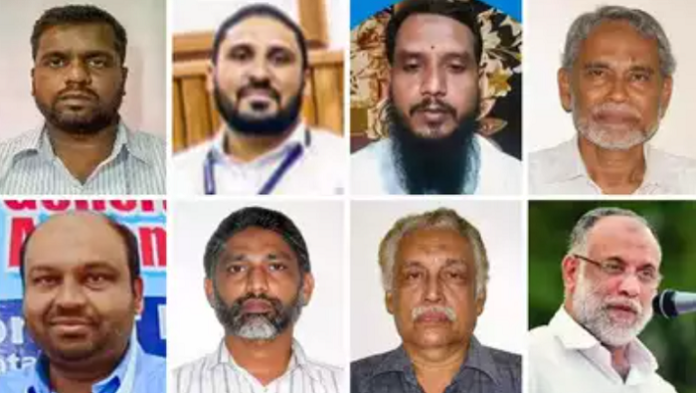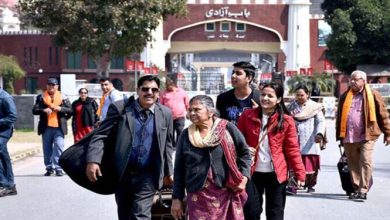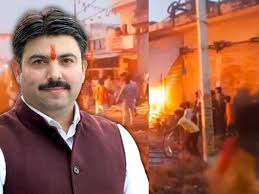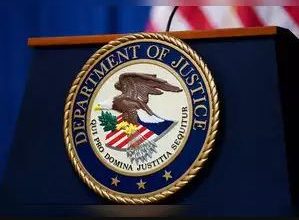Muslim leaders associated with banned PFI complete two years in jail
 New Delhi: Veteran Muslim leaders, including the former chief of now-banned Popular Front of India and SDPI’s founder president, E Abubaker, veteran journalist and National Confederation of Human Rights Organisations (NCHRO) General Secretary, Professor P Koya, former PFI national chairman OMA Salam, former vice chairman E.M Abdul Rahiman, along with at least 40 Muslim leaders and activists associated with the banned Muslim group, have completed two year in jail on September 22, 2024.
New Delhi: Veteran Muslim leaders, including the former chief of now-banned Popular Front of India and SDPI’s founder president, E Abubaker, veteran journalist and National Confederation of Human Rights Organisations (NCHRO) General Secretary, Professor P Koya, former PFI national chairman OMA Salam, former vice chairman E.M Abdul Rahiman, along with at least 40 Muslim leaders and activists associated with the banned Muslim group, have completed two year in jail on September 22, 2024.
According to Kashmir Media Service, 42 Muslim men were arrested under draconian Unlawful Activities (Prevention) Act (UAPA) by Indian notorious National Investigation Agency (NIA) in its first nationwide clampdown on the Popular Front of India (PFI) on 22 September 2022.
Six days later, on 28 September 2022, the Indian government banned PFI and its associates, including Campus Front of India, Rehab India Foundation, All India Imams Council, National Confederation of Human Rights Organisations, National Women’s Front, Junior Front, Empower India Foundation and Rehab Foundation, Kerala. The organisations were declared as “unlawful associations” for a period of five years.
The FIR was registered under section 120B and 153A of the Indian Penal Code, 1860 and sections 17, 18, 18B, 20, 22B 38 and 39 of the UAPA.
While only a few local leaders were able to achieve bail, the rest of the arrested leaders including aged individuals have spent two years in prison, despite not being convicted in any of the cases.
In its charge-sheets against the now-banned Muslim group and 19 Muslim activists, including 12 members of its national executive committee (NEC), the NIA claimed that a criminal plot existed to divide the country along communal lines, with the ultimate goal of overthrowing the current secular and democratic governance in India and establishing an Islamic Caliphate with Shariah/Islamic law. According to the NIA, young men were being indoctrinated and trained to use weapons and arms.
Several rights groups and Muslim organisations called the Indian government ban on the Popular Front of India unconstitutional and demanded the release of its leaders.
Among the jailed, 72-year-old Abubaker suffers from serious medical ailments, including a rare form of cancer – gastroesophageal junction adenocarcinoma – and Parkinson’s disease.
After surgery for cancer in 2020, Abubaker has been housebound under the “extreme” care of family members. He had two special recliners in his study, built as an extension of his home— Shamiana to maintain the specific position. “80% of his stomach was removed during the open surgery. After that, he can only lay down at a 35-degree angle,” Abubacker’s daughter, Shabeena earlier told Maktoob.
The Supreme Court of India on Friday issued a notice in a special leave petition filed by Abubacker against the May 28 order of the Delhi High Court dismissing the bail application in the Unlawful Activities (Prevention) Act, 1967 case investigated by the National Investigation Agency.
The bench of Justice MM Sundresh and Justice Aravind Kumar, which considered the matter, orally observed that the allegations were serious and that they would only consider the question of bail on medical grounds.
A division bench comprising Justice Suresh Kumar Kait and Justice Manoj Jain of the High Court dismissed the appeal moved by Abubacker who sought bail on the merits as well as medical grounds.
“We do understand that Parkinson‟ ‘s disease is a progressive disorder which gradually affects the nervous system but fact remains that adequate directions have already been given by the learned Trial Court in the impugned order and as per jail report, appellant, himself, is not interested in getting admitted in AIIMS, New Delhi. Needless to emphasize, AIIMS is one of the best and most sought-after medical facilities in the country,” the court said.
Since the ban, several rounds of raids and arrests have taken place in different parts of the country to date.








